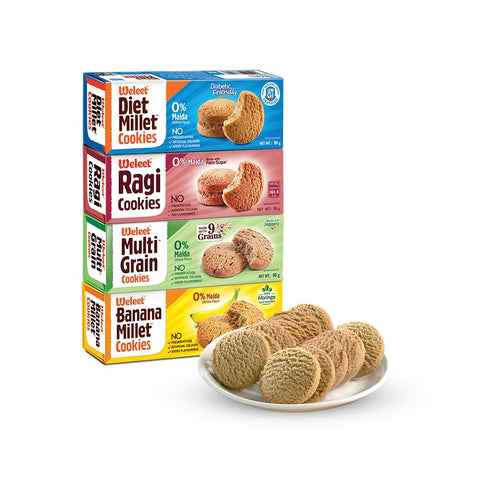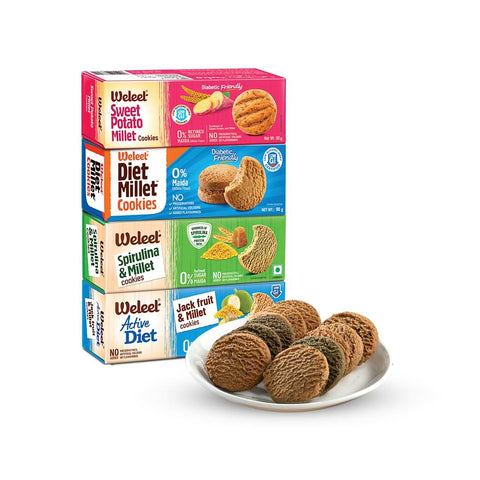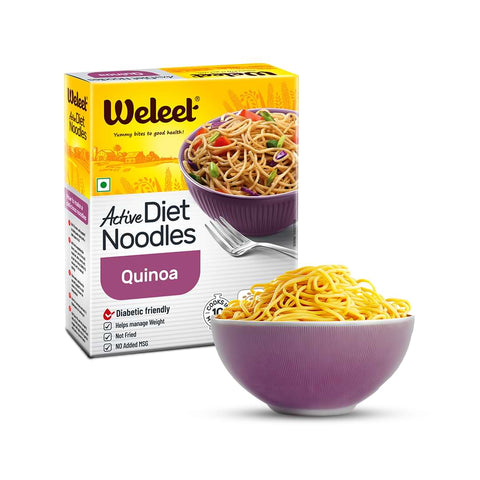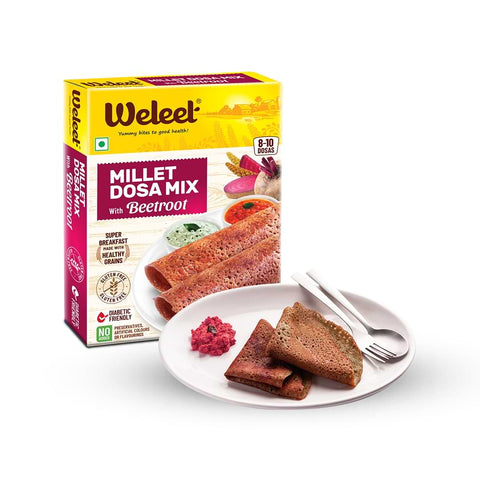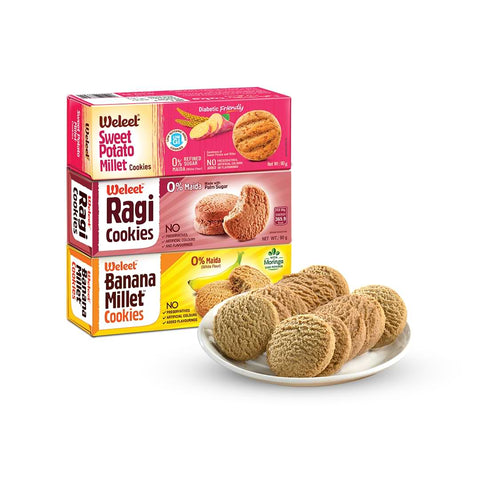Diabetes, a multifaceted metabolic disorder affecting millions worldwide, poses a formidable challenge to both individuals and healthcare systems. With its hallmark characteristic of elevated blood sugar levels, diabetes demands vigilant management to mitigate potential health complications. While medications and lifestyle adjustments are fundamental pillars of diabetes care, the pivotal role of nutrition in optimizing health outcomes cannot be overstated. In this, we embark on an in-depth exploration of the intricate relationship between nutrition and diabetes, offering expert advice and practical strategies informed by scientific research and real-world experiences. Our aim is to empower individuals with diabetes to take control of their health and well-being through informed dietary choices and lifestyle modifications.
Understanding Diabetes and Nutrition
A nuanced understanding of the complex interplay between diet and blood sugar regulation is indispensable for effective diabetes management. Carbohydrates, as the primary macronutrient influencing blood glucose levels, warrant particular attention due to their conversion into glucose during digestion. However, the focus extends beyond carbohydrate quantity; the quality and type are equally crucial. Foods rich in fiber, such as whole grains, fruits, and vegetables, facilitate slower digestion, resulting in gradual blood sugar increases compared to refined carbohydrates like white bread and sugary treats.
Expert Advice on Diabetes-Friendly Nutrition
Collaborating with healthcare professionals, including registered dietitians and diabetes educators, is paramount for personalized nutritional guidance tailored to individual needs. These experts offer invaluable insights into meal planning, portion control, and food choices conducive to optimal blood sugar management.
Let's explore the key principles commonly emphasized by experts in the field:
-
Balanced Meals: Striving for well-balanced meals comprising carbohydrates, protein, and healthy fats fosters stable blood sugar levels throughout the day, promoting overall metabolic health. Incorporating a variety of nutrient-dense foods ensures adequate micronutrient intake, supporting overall well-being.
-
Portion Control: Practicing portion control mitigates overconsumption, averting blood sugar spikes and promoting weight management—a crucial aspect of diabetes care. Utilizing visual aids such as portion control plates or hand-sized servings assists in maintaining appropriate portion sizes.
-
Glycemic Index (GI): Consideration of the glycemic index of foods assists in moderating blood sugar fluctuations. Opting for lower GI foods helps stabilize blood glucose levels and reduces the risk of hyperglycemia. However, it's important to note that the GI of a food can vary based on factors such as ripeness, cooking method, and food combinations.
-
Consistent Carbohydrate Intake: Aim for consistency in carbohydrate consumption to facilitate stable blood sugar levels and prevent erratic fluctuations, promoting better glycemic control and reducing the risk of complications. Consistency in timing and distribution of carbohydrate intake throughout the day aids in optimizing blood sugar management.
- Smart Snacking: Selecting nutrient-dense snacks like nuts, seeds, Greek yogurt, or fresh fruits and vegetables provides satiety without causing significant blood sugar spikes, supporting overall dietary quality. Incorporating protein and fiber-rich snacks helps stabilize blood sugar levels between meals, reducing the likelihood of hypoglycemia.
Practical Strategies for Diabetes Management
Implementing expert recommendations necessitates practical strategies and ongoing commitment to lifestyle modifications:
- Meal Planning: Designing balanced, diabetes-friendly meals in advance through weekly meal plans, grocery lists, and meal preparation ensures nutritional adequacy and supports adherence to dietary recommendations. Experimenting with new recipes and incorporating diverse flavors and textures enhances meal satisfaction and compliance.
- Label Reading: Developing the habit of scrutinizing food labels empowers individuals to identify hidden sugars and make informed decisions regarding carbohydrate content, facilitating better glucose management. Paying attention to serving sizes and ingredient lists helps avoid processed foods high in added sugars and unhealthy fats.
- Mindful Eating: Cultivating mindfulness around eating habits promotes awareness of hunger cues, portion sizes, and food choices, fostering better blood sugar control and encouraging a positive relationship with food. Engaging all the senses while eating, such as savoring flavors and textures, enhances the dining experience and reduces the likelihood of overeating.
- Regular Monitoring: Consistent monitoring of blood sugar levels provides valuable insights into the impact of dietary and lifestyle modifications, enabling timely adjustments to treatment plans and enhancing overall diabetes management. Tracking food intake, physical activity, and emotional well-being in a diabetes journal facilitates self-awareness and informed decision-making.
- Seeking Support: Engaging with diabetes support groups or online communities offers invaluable encouragement, motivation, and practical tips for navigating the challenges of diabetes management, fostering a sense of community and empowerment. Sharing experiences and learning from others' successes and setbacks promotes resilience and adaptability in managing diabetes.
Managing diabetes through nutrition is a multifaceted endeavor that demands knowledge, planning, and dedication. By integrating expert advice and practical strategies into daily life, individuals with diabetes can take proactive steps towards optimizing their health and enhancing their quality of life. While progress may be gradual, every positive change, no matter how small, contributes to long-term well-being. Remember, with determination and support, achieving optimal blood sugar control and overall wellness is not just a possibility but a tangible reality. Embrace the journey towards nourishing wellness, one mindful choice at a time.




